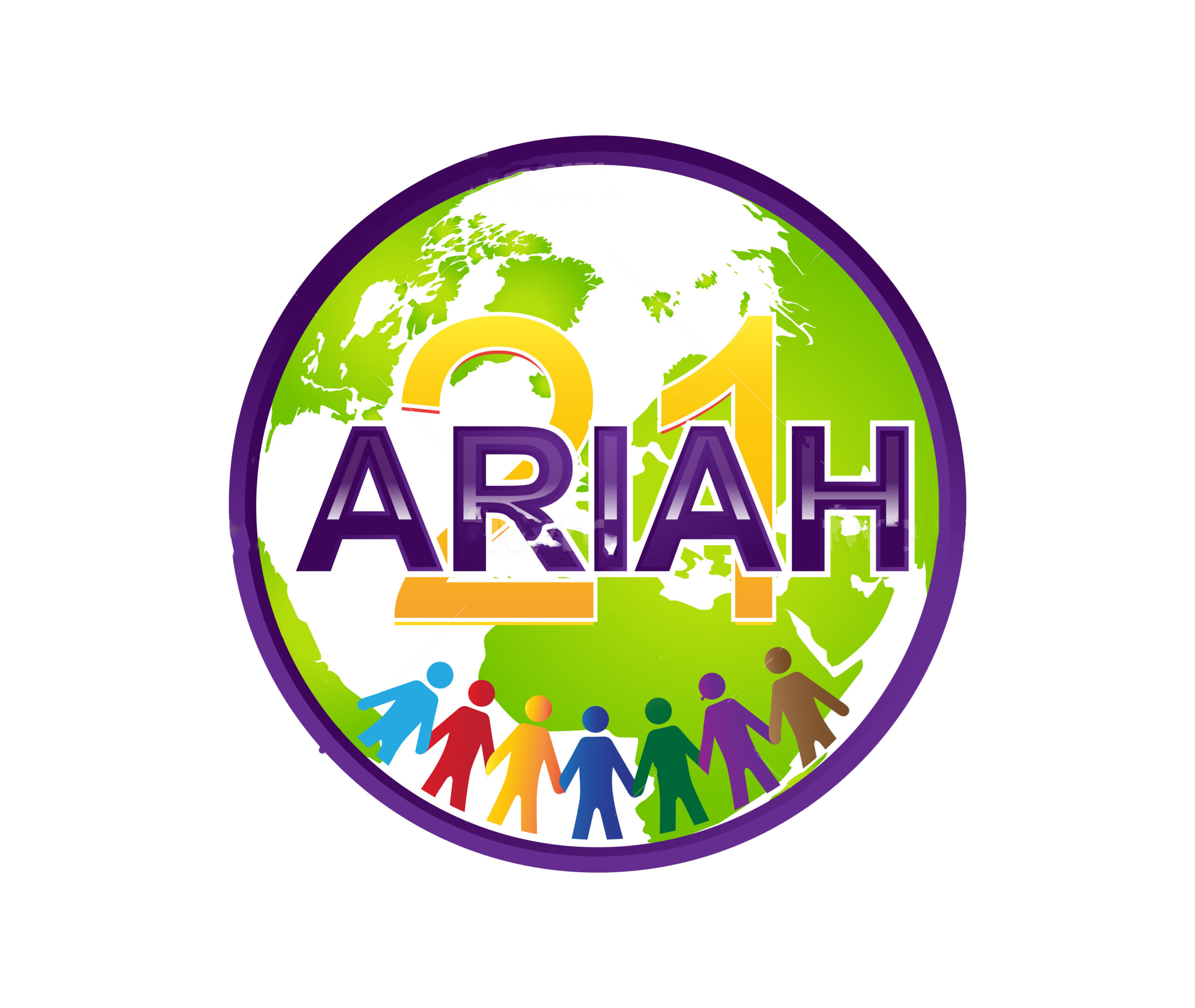By Brianna Nelson
Early Steps When Your Child is Diagnosed with Special Needs
Finding out your child has special needs can feel overwhelming. When I first received my child’s diagnosis, I experienced a whirlwind of emotions – confusion, worry, grief, and eventually, determination. If you’re at the beginning of this journey, I want to share some early steps that helped our family navigate this challenging time.
Allow Yourself to Process Your Emotions
First and foremost, give yourself permission to feel. It’s natural to experience a range of emotions, from shock and denial to sadness and anxiety. Some parents feel guilt or grief for the life they imagined their child would have. These feelings are all valid parts of your adjustment process.
I spent several weeks moving through these emotions before I could fully focus on action steps. Finding a support group of parents who understood what I was experiencing provided tremendous comfort during this time.
Educate Yourself About Your Child’s Diagnosis
Knowledge truly is power. Learn everything you can about your child’s specific condition through:
- Reputable medical websites and journals
- Books written by medical professionals and parents
- Support groups (both online and in-person)
- Conversations with healthcare providers
Understanding what to expect helped me feel more in control and better equipped to advocate for my child’s needs.
Build Your Support Team
You’ll need specialists, therapists, educators, and other professionals to support your child’s development. Start by:
- Finding a pediatrician who has experience with your child’s condition
- Connecting with specialists recommended by your healthcare providers
- Researching early intervention services available in your area
- Meeting with educational specialists to understand school options
Remember that you’re the team leader. Don’t hesitate to seek second opinions or change providers if something doesn’t feel right.
Learn About Available Resources and Benefits
Many families don’t realize the range of resources available. Explore:
- Early intervention programs (often free or low-cost through state programs)
- Health insurance coverage options for therapy and medical equipment
- Educational rights and accommodations
- Disability benefits and tax deductions
- Respite care options
- Ariah21.com – an excellent online resource providing support, information, and community connections for parents of children with special needs
It took me months to navigate all these systems, but the financial and practical support made a significant difference for our family.
Connect with Other Parents
Nothing compares to the wisdom and understanding of parents who are walking a similar path. They can provide:
- Emotional support from people who truly understand
- Practical advice on navigating systems and services
- Recommendations for local providers and resources
- Hope for the future when you see their children thriving
The parents I met through support groups became my most valuable resource and many are now dear friends.
Focus on Your Child’s Strengths
While professionals may focus on deficits and challenges, remember to celebrate your child’s unique strengths and abilities. My child taught me to see the world differently and appreciate progress in new ways.
Each small milestone deserves celebration, and each challenge overcome represents tremendous effort and determination from your child.
Take Care of Yourself
Parenting a child with special needs requires extraordinary energy and resilience. Make self-care a priority by:
- Accepting help from family and friends
- Finding respite care options
- Joining a support group
- Seeking therapy if needed
- Maintaining your own health through sleep, nutrition, and exercise
Remember that you can’t pour from an empty cup. Your child needs you to be at your best.
Final Thoughts
The path ahead may not be what you expected, but it can be filled with profound joy, growth, and connection. Take one day at a time, and know that you’re not alone on this journey.
With time, you’ll move beyond the initial shock of diagnosis and discover the incredible strength within both you and your child. The challenges are real, but so are the moments of triumph and the deep bonds you’ll form with your child and the community around you.



